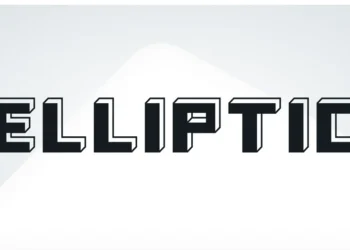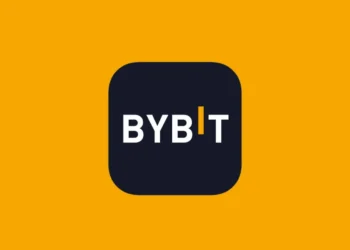Quick Breakdown:
- BNB Chain validators plan to slash the minimum gas price to 0.05 Gwei and speed up block times to 450ms to cut transaction costs.
- The upgrade could drop fees to around $0.005 per transaction, strengthening BSC’s competitiveness against Solana and Base.
- Past gas cuts have already reduced fees by over 90% and pushed daily transactions above 12 million.
BNB Chain validators have submitted a proposal to halve gas fees and speed up block intervals, aiming to strengthen the network’s position as a leading venue for high-frequency trading and DeFi activity. The move comes as BNB recently surged past the $1,000 mark, highlighting the need to sustain growth and competitiveness.
Gas fees matter.
They decide where traders build, where liquidity flows, and where innovation happens.
That’s why validators on BNB Chain are proposing to halve fees and accelerate block speeds, keeping BNB Smart Chain (BSC) competitive with the fastest chains in crypto.
BNB… pic.twitter.com/sCdHutFfrJ
— BNB Chain (@BNBCHAIN) September 23, 2025
Lower fees and faster blocks to drive adoption
The proposal recommends reducing the minimum gas price on BNB Smart Chain (BSC) from 0.1 Gwei to 0.05 Gwei while accelerating block times from 750 milliseconds to 450 milliseconds. If approved, transaction costs could decrease to around $0.005, positioning BSC on par with ultra-low-fee networks like Solana and Base.
Historical data support the impact of similar measures. In April 2024, BNB Chain cut gas fees from 3 Gwei to 1 Gwei, followed by a further drop to 0.1 Gwei in May 2025. These adjustments reduced median fees by 75%, from $0.04 to $0.01, and increased daily transactions by 140% to over 12 million. Swap-related transactions now account for 67% of network activity, compared to 20% at the start of the year.
Validator rewards and network capacity remain secure
Despite lower fees, staking annual percentage yield (APY) is expected to stay above 0.5%, supported by higher trading volumes and continued BNB price growth. BSC currently operates at less than 30% capacity, with its infrastructure tested to handle three times the current data volume. Should congestion arise, validators can adjust gas levels to maintain stability.
Community feedback will determine whether the proposal moves forward, with a long-term goal of lowering gas costs further to around $0.001 per transaction.
Meanwhile, Moonchain (MCH) marked its token generation event (TGE) with a dual debut on Binance Alpha and Gate.io. Binance Alpha opened trading at 11:00 UTC on September 3, followed by Gate.io an hour later, setting the stage for the project’s market entry.
If you would like to read more articles like this, visit DeFi Planet and follow us on Twitter, LinkedIn, Facebook, Instagram, and CoinMarketCap Community.
Take control of your crypto portfolio with MARKETS PRO, DeFi Planet’s suite of analytics tools.”





















